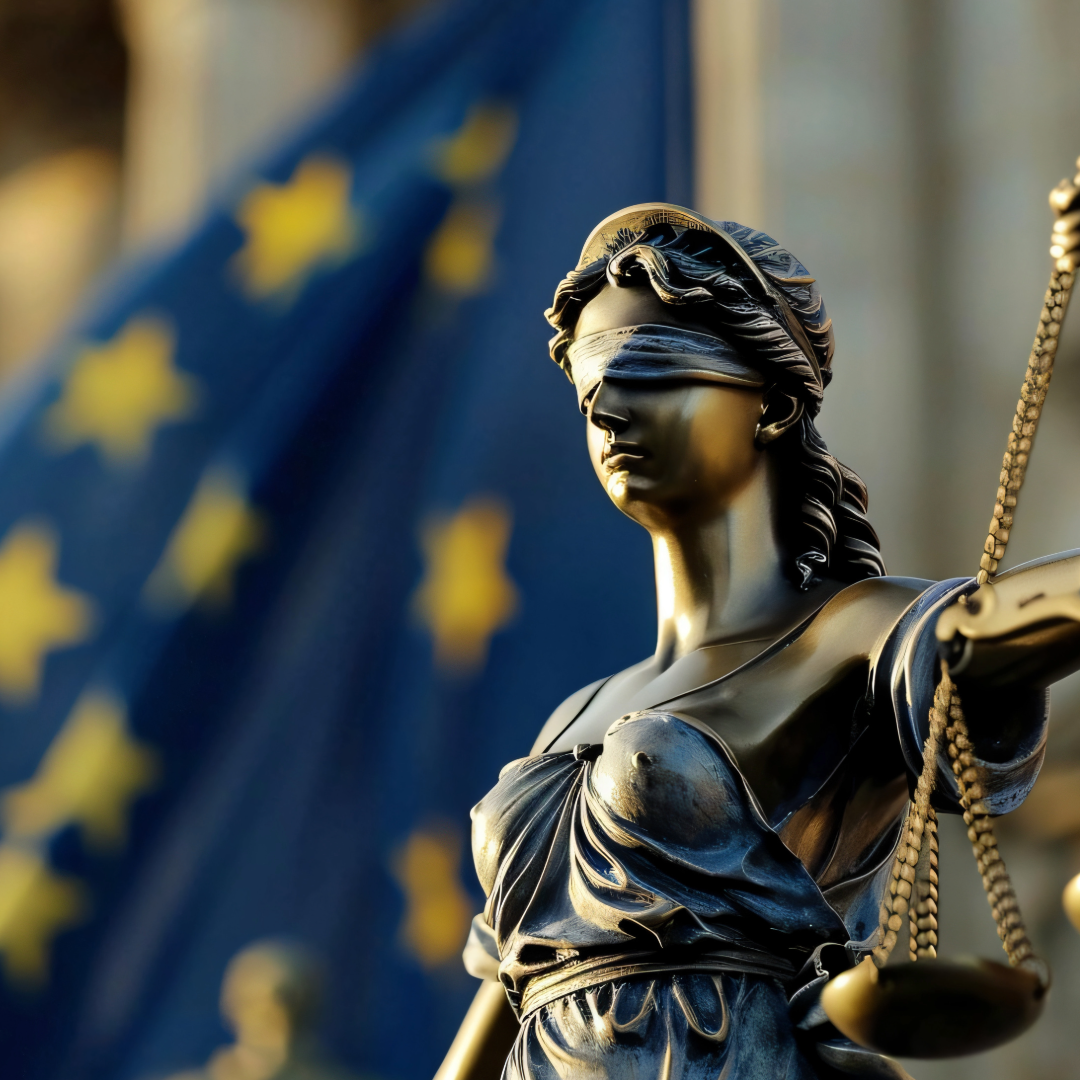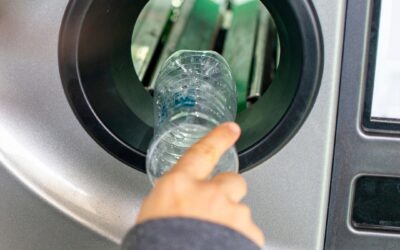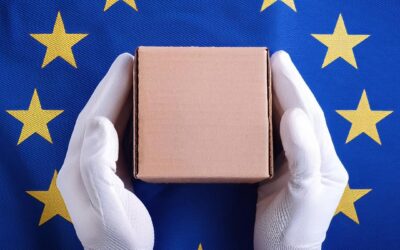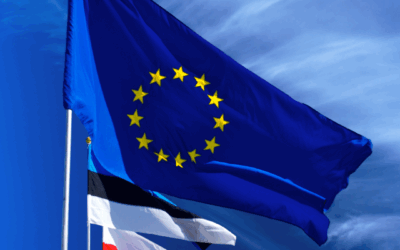Europe's path to a more circular economy: The EU Waste Framework Directive explained


One of the biggest challenges we currently face is the effective management and reduction of waste. The constantly growing population and increasing consumption lead to ever greater quantities of waste, which pollutes our environment. In addition, our natural resources are dwindling. To counteract this problem, the EU Waste Framework Directive has been in place since 2008, which was amended in 2018 and represents a decisive step towards a sustainable circular economy in the EU. This directive sets clear targets and measures to prevent, reduce and optimise the recycling of waste.
But what exactly is behind this directive and how is it implemented? In the following article, we take a look at the background and objectives of the EU Waste Framework Directive and highlight the key aspects and challenges involved in its implementation.
Key aspects of the EU Waste Framework Directive
Directive 2008/98/EC sets the legal framework for dealing with waste within the EU. One of the core objectives of the EU Waste Framework Directive is to protect the environment. A five-stage waste hierarchy was defined as a central element of this, which includes prevention, preparation for recovery, recycling, other recovery and disposal. It prioritises the various methods of waste management to ensure that waste is avoided as far as possible or recovered in the most environmentally friendly way.
Another aspect of the EU Waste Framework Directive is the principle of extended producer responsibility (EPR). This obliges manufacturers to take responsibility for the entire life cycle of their products, including the phase in which they become waste. The EPR includes financial and organisational obligations, such as participating in the financing of collection and recycling programmes for certain products and packaging at the end of their life cycle.
The amended Waste Framework Directive also aims to promote the circular economy by, among other things, expanding and specifying waste prevention programmes and increasing recycling rates.
Challenges of the Directive
One of the biggest challenges in implementing the Waste Framework Directive continues to be the differences between the Member States in terms of their starting points and progress in waste management. This leads to different speeds in the implementation of the directive and creates a patchwork of regulations within the EU. Transposition into national legislation also requires close co-operation between the EU institutions, national governments and local authorities. This multilateral co-operation can be hampered by differing political priorities and regulatory frameworks.
Furthermore, the development of technologies for waste treatment and utilisation requires considerable investment. This poses a challenge for public and private actors. There are also technological barriers, for example in the development of efficient recycling processes for complex materials and products.
There is also a need to raise public awareness of the importance of waste prevention and recycling. Without the active participation of citizens and businesses, the measures of the directive cannot be fully effective. Promoting sustainable consumer behaviour and raising awareness of the environmental impact of waste is crucial.
Impact and future prospects for the EU
Significant progress has been made in waste management since the introduction of the EU Waste Framework Directive. Many Member States have increased their recycling rates and successfully implemented waste prevention measures.
The Waste Framework Directive is constantly evolving to meet changing challenges and new knowledge. Future developments could include increased measures to promote the circular economy, such as the introduction of stricter recycling rates and the promotion of research and innovation in the field of waste management.
In the long term, consistent implementation not only helps to protect the environment, but also offers economic benefits. By promoting the circular economy, resources are conserved and new recycling opportunities are created. The directive also makes an important contribution to achieving the EU’s climate targets by reducing CO2 emissions from waste utilisation.

LIZENZERO.EU makes packaging compliance in Europe very easy.
Do you ship your products to different countries in the EU? Many different legal requirements and obligations can make the whole thing quite complicated – but don’t worry, we’ll do it for you. How do we do it? With our licensing service, we take over all obligations for you by power of attorney. Sounds good? We’ll be happy to advise you.
For shipping to Germany, you can easily fulfill your packaging obligations yourself via Lizenzero.de.
Deposit systems in the EU explained
Deposit systems show that simple solutions help to keep packaging in circulation and increase recycling rates. However, there are major differences within the EU: while countries such as Germany, Sweden and Finland have been using deposits for years and achieving high return rates, other Member States are still in the early stages.
Mandatory from 2026: The EU Authorised Representative for Packaging explained
Europe is an attractive but regulatory complex market. One of the more complex requirements is the appointment of an authorised representative (AR). The AR is the central interface between the manufacturer and the European market surveillance authorities. The authorised representative plays an important role in product safety and extended producer responsibility (EPR) and is therefore becoming increasingly important to ensure access to the market.
Authorised Representatives in Europe: Which ones are there and what do you need them for?
Europe is an attractive but regulatory complex market. One of the more complex requirements is the appointment of an authorised representative (AR). The AR is the central interface between the manufacturer and the European market surveillance authorities. The authorised representative plays an important role in product safety and extended producer responsibility (EPR) and is therefore becoming increasingly important to ensure access to the market.




